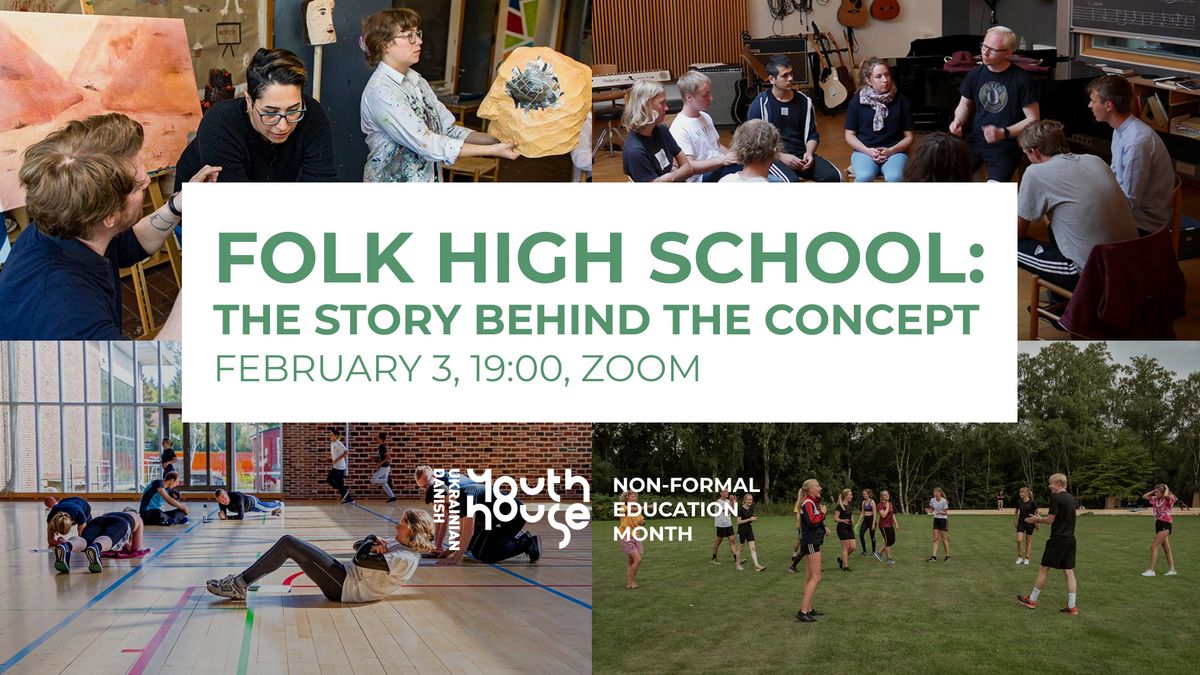
Danish folk high schools: the story behind the concept
Denmark is one of the leaders in the field of non-formal education. It was in Denmark that such world-renowned concepts as “højskole” and “efterskole” originated, and the first Danish folk high school appeared in Rødding as early as 1844. The ideas and philosophy of the new approach to education quickly spread throughout Denmark and even other Scandinavian countries. countries.
Non-formal education remains popular today. Thousands of Danes and foreigners become students at such institutions every year. There they study the subjects they are interested in in a playful way and without grades, get a chance to be creative, sing in the choir, travel and just have a great time.
Every Thursday we will meet with representatives, teachers and graduates of Danish non-formal education institutions. You will have a unique opportunity to learn more about the experience and traditions of democratic education in Denmark and local approaches to lifelong learning. You will also be able to ask questions to fimd out anything you would like to know.
And at the end of a series of events, you will learn how Ukrainians can get into Danish folk high schools and whether there are alternatives to such non-formal education in Ukraine.
The topic of our first meeting: Danish folk high schools: the story behind the concept
Together with Jakob Tweed Holgersen, a teacher at Rødding Højskole, the oldest public higher education institution in Denmark and the world, we will discuss the history of the public higher education movement, its philosophy and the concept of non-formal education.
Jakob will tell the story of the højskole movement in Denmark: from the formation of this concept to how education and non-formal learning became the key to human and social development.
We will look at how all this first affected Danish national identity and then the democratic structure of Danish society.
The event will take place online, on February 3 at 19:00.
It will be held in English with simultaneous translation to Ukrainian.
You can register for the meeting to get a link to Zoom here.